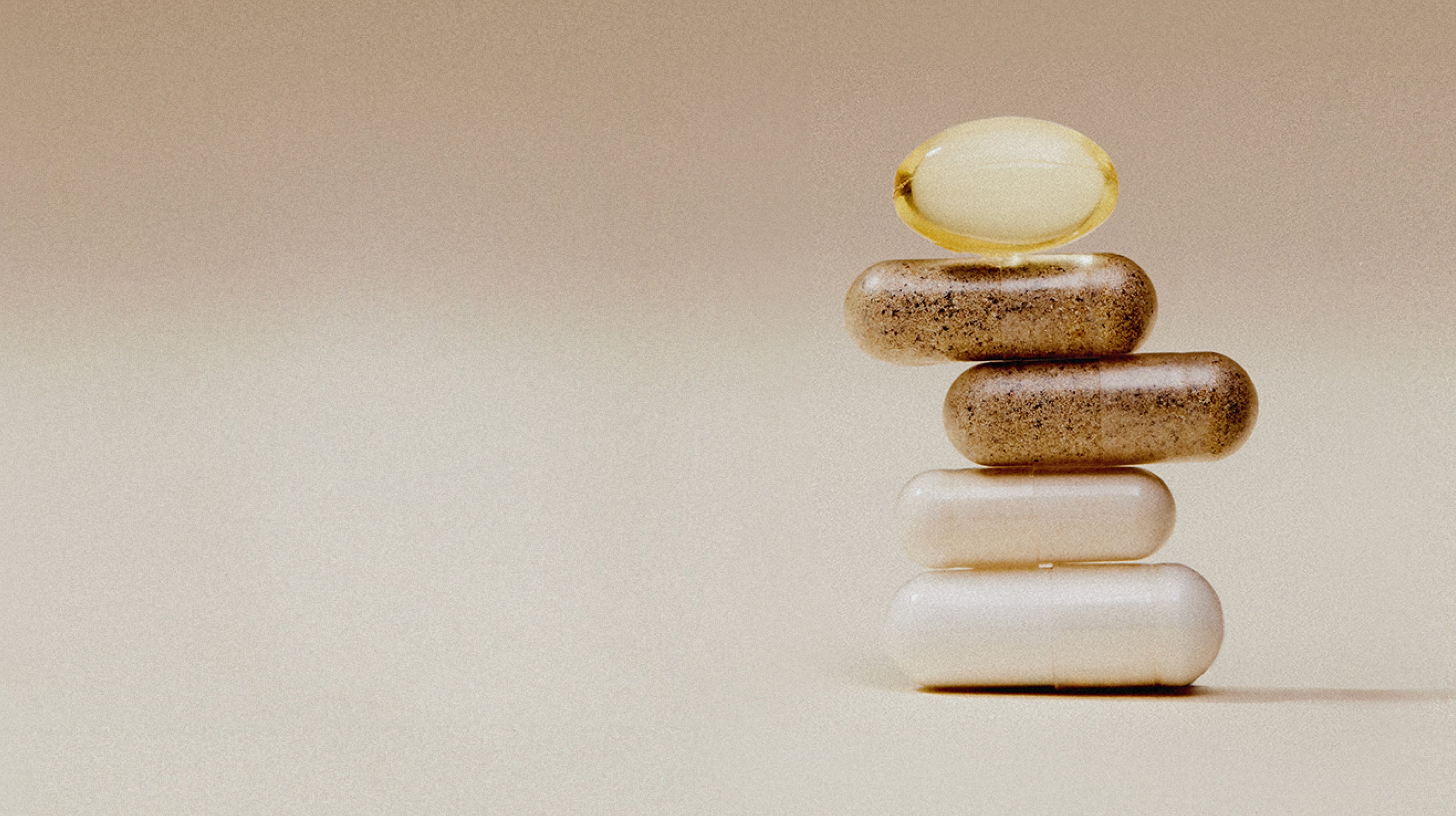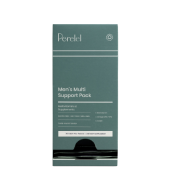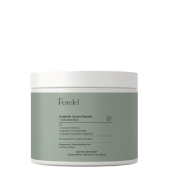It’s hard to overstate the benefits of a good night’s sleep. Sleep plays a key role in just about every aspect of your wellbeing—from healthy brain function to hormone regulation and physical health.
And when you’re expecting, sleep is more important than ever, because healthy sleep habits will help support your baby’s growth and development.1
Unfortunately, pregnancy and sleep aren’t exactly a perfect pairing. Between first-trimester fatigue and hormonal changes to anxiety and vivid dreams, it's not always easy to get and stay asleep. Not to mention a tiny one hitting your rib cage during the third trimester, which can all wreak havoc on your sleep cycles.
You may also find yourself dealing with certain common sleep problems and disorders during pregnancy, like Obstructive Sleep Apnea, Restless Legs Syndrome or Gastroesophageal Reflux Disorder (GERD).2
And unfortunately when you’re longing for a restful night’s sleep, you may wonder if the commonly used sleep aids are safe during pregnancy and breastfeeding.
Scroll on for your complete guide.

What to Know About Sleep Aids and Pregnancy
If pregnancy has done a number on your sleep habits, you’re not alone. In a study of more than 7,000 pregnant women, researchers found that 77 percent of them reported experiencing sleep problems during pregnancy.3
77% of women reported sleep problems during pregnancy.
Some of the most commonly reported sleep problems included:
- Difficulty falling asleep or staying asleep
- Waking up too early
- Not getting enough deep sleep
And each trimester can bring its own unique sleep woes. For example, in the same study, reports of frequent awakening spiked in the third trimester, while 27 percent of women in their first trimester reported that daytime naps were affecting their productivity.
In other words, that new-mom sleep deprivation may start long before your baby arrives.
According to the American Academy of Sleep Medicine, sleeping well is one of the best ways to benefit your baby’s health.4 So if you’ve been tossing and turning lately, is it safe to take a sleep aid to get a more restful night’s sleep? Yes, but it depends on the type of sleep aid.
Your doctor may advise against using certain medications prescribed for severe sleep disorders, such as benzodiazepines and barbiturates, during pregnancy.
But the good news is there are some pregnancy-safe sleep aids that can promote healthier sleep patterns and help you get the zzz’s you need.
Before you choose a sleep aid, it’s important to understand which sleep vitamins and herbal remedies are safe and beneficial during pregnancy.
Sleep like a baby
$26.77
First 3 Months
Made for Weeks 0-13
$40.77
First 3 Months
Made for Weeks 14-27
$40.77
First 3 Months
Shop the Article:
Sleep Support*
$38.24
1st Trimester Prenatal Pack
$58.24
2nd Trimester Prenatal Pack
$58.24
Is Melatonin Safe During Pregnancy?
You may be familiar with melatonin as a sleep supplement.
Melatonin is a natural hormone that helps to regulate your circadian rhythm, which is your body’s natural 24-hour sleep-wake cycle. Your pineal gland produces melatonin in response to darkness, while exposure to light can decrease melatonin production. This is why melatonin is often called the “sleep hormone.”5
In supplement form, melatonin is a popular sleep aid. But researchers are still evaluating melatonin use during pregnancy. According to a recent review of studies, no safety issues have been reported among pregnant women using melatonin. However, researchers note that more studies are needed to determine its safety and effectiveness during pregnancy.6
But that doesn’t mean you have to miss out on all the circadian-rhythm-regulating benefits of melatonin during pregnancy. Certain pregnancy-safe sleep aids can help to boost your body’s natural production of melatonin, making it easier to get your sleep cycle back on track.

Pregnancy-Safe Sleep Aids
When choosing an all-natural supplement, it’s always important to look for clean, high-quality ingredients in their most bioavailable format. The same is true when choosing a pregnancy sleep aid.
Perelel Sleep Support ($33) supports the quality of sleep, muscle relaxation, healthy fetal development and helps your body unwind. Plus, its proprietary Magnesium Tri-Blend contains three types of elemental magnesium in the most bioavailable format and added organic lemon balm for extra relaxation.*
“Patients often struggle with sleep and anxiety, but many over-the-counter products or herbal remedies may not be safe in pregnancy or during lactation. We specifically formulated this product to support a new mom or mom-to-be because a good night’s rest is key during pregnancy and postpartum.”
- Dr. Banafsheh Bayati, MD, OB/GYN, FACOG, Medical co-Founder, Perelel
Not only can these two ingredients be particularly beneficial for supporting sleep and relaxation during pregnancy, but also they're safe for sleepy postpartum moms who may be breastfeeding.
Magnesium—a mineral found in leafy greens, legumes, nuts, seeds, and whole grains—has been shown in studies to support melatonin production.7
And beyond its sleep benefits, magnesium can also help to support healthy fetal development. Research suggests magnesium may play a protective role during pregnancy and lessen the risk of certain pregnancy complications.8
Perelel Sleep Support ($33) provides 250 mg of elemental magnesium in an optimal Magnesium Tri-Blend which includes:
- Magnesium Bisglycinate Chelate
- Magnesium Bisglycinate
- Magnesium Citrate
In addition to this magnesium blend, Sleep Support also includes 50 mg of organic lemon balm leaf extract to promote relaxation. According to the American Botanical Council, the use of lemon balm as an herbal remedy dates back to ancient Greek and Roman medicine. This aromatic plant is a popular ingredient in natural sleep aids due to its sleep-promoting benefits.*
Best of all, Sleep Support was made by doctors, approved by doulas. So you can rest-assured it’s safe to use while pregnant or breastfeeding. One less thing to lose sleep over.

Bottom line: Sleep is critical to every stage of pregnancy, from conception through delivery and postpartum recovery. While restless nights may feel like an unavoidable part of pregnancy, it’s important to make healthy sleep habits a priority. Pregnancy-safe sleep aids can help you get the restful sleep you need to keep you and your baby healthy.
Ready to sleep like a baby? Shop pregnancy and breastfeeding-safe vitamins for sleep now. Plus, curate a science-backed bedtime routine for a better night's sleep while pregnant with these expert tips.
Sign up to receive doctor-backed, stage-specific content in your inbox each week.
theFolio in Your Inbox
This article is for informational purposes only. It is not, nor is it intended to be, a substitute for professional medical advice, diagnosis, or treatment and we recommend that you always consult with your healthcare provider. To the extent that this article features the advice of physicians or medical practitioners, the views expressed are the views of the cited expert and do not necessarily represent the views of Perelel.
References:
1 Rosalia Silvestri and Irene Aricò; Sleep disorders in pregnancy; Jul-Sep 2019


























